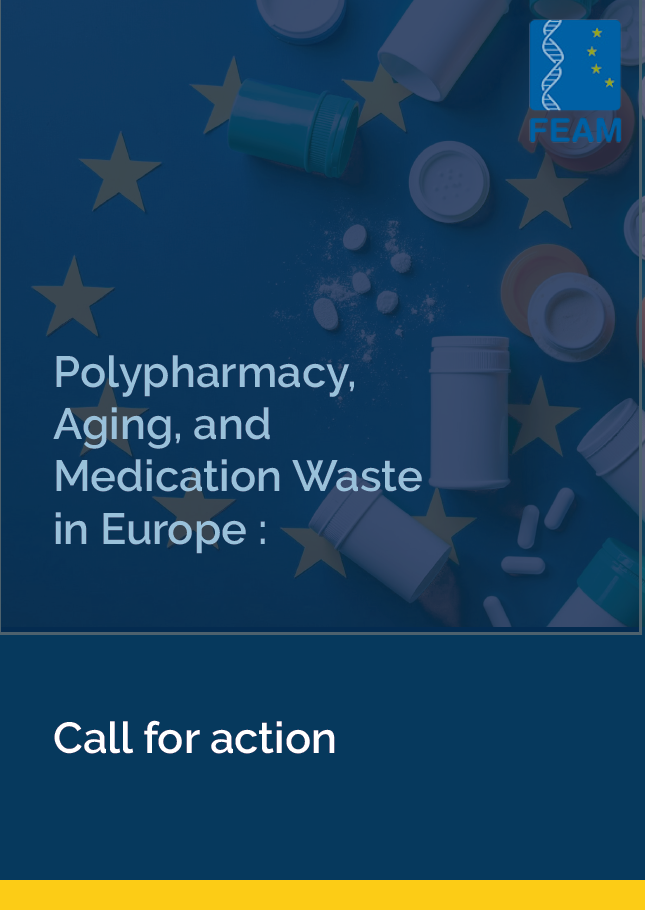 About the Project
About the ProjectThe MEDIWASTE project originated from an initiative proposed by one of FEAM’s Forum partners, BD (Becton Dickinson). Building on the project proposal, FEAM developed the project to explore the scale, causes, and consequences of medication waste across Europe, and to identify practical, science-based policy solutions.
This collaboration exemplifies the role of the FEAM Forum as a platform connecting academia, industry, and policymakers to address shared challenges in health and sustainability. Through the MEDIWASTE project, FEAM aims to support a coordinated European response to reduce medical waste, improve patient safety, and enhance the efficiency of healthcare systems.
Each year, an estimated €2.8 billion worth of medicines remain unused in the EU, with national studies revealing alarming figures — from £300 million wasted annually in England’s primary care system to €1 billion worth of unused drugs in Greece.
Beyond its economic cost, medication waste undermines patient safety, strains healthcare budgets, and contributes to environmental pollution, with pharmaceutical residues now found in European water bodies and ecosystems. These residues fuel antimicrobial resistance and pose potential long-term risks to human health.
Medication waste stems from multiple, interconnected drivers:
Low adherence: up to 50% of medicines for chronic conditions are not taken as prescribed.
Polypharmacy and prescription changes in aging populations.
Weak medication management systems in hospitals and pharmacies.
Supply chain inefficiencies, leading to the paradox of simultaneous shortages and waste.
Medication waste costs Europe over €2.8 billion each year and drives 71% of healthcare-related emissions through pharmaceutical supply chains.
Half of all chronic disease medications are not taken as prescribed.
Automated and digital solutions can significantly reduce waste, improve patient adherence, and enhance healthcare efficiency.
FEAM urges EU institutions to make medication waste reduction a priority in future health and sustainability policies.
The MEDIWASTE project is co-chaired by José Luis Gómez García, representing BD (Becton Dickinson), and Professor Ranieri Guerra, FEAM Vice-President. Their leadership and expertise have been instrumental in shaping this initiative and advancing the call for action to reduce medical waste across Europe.
For further information or questions about the project, please contact info@feam.eu.
Download the summary here : FEAM – Medication Waste
Download the full report here Paper – FEAM – Medication Waste